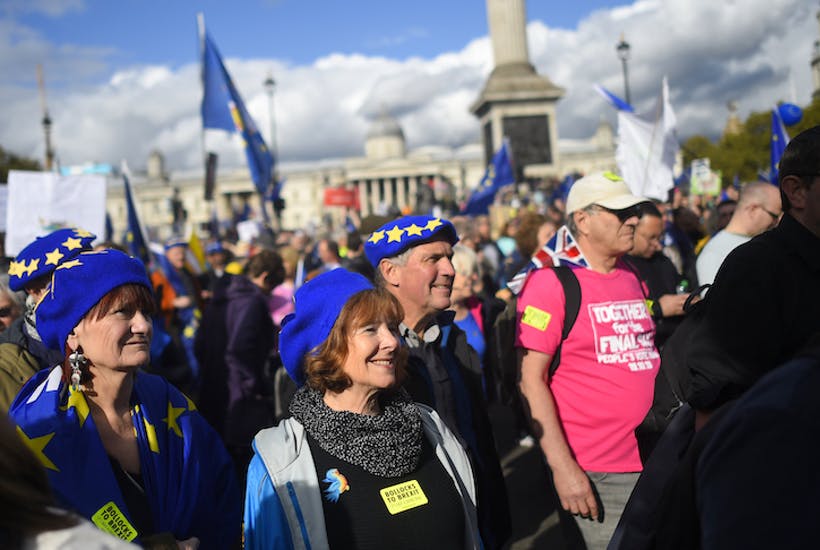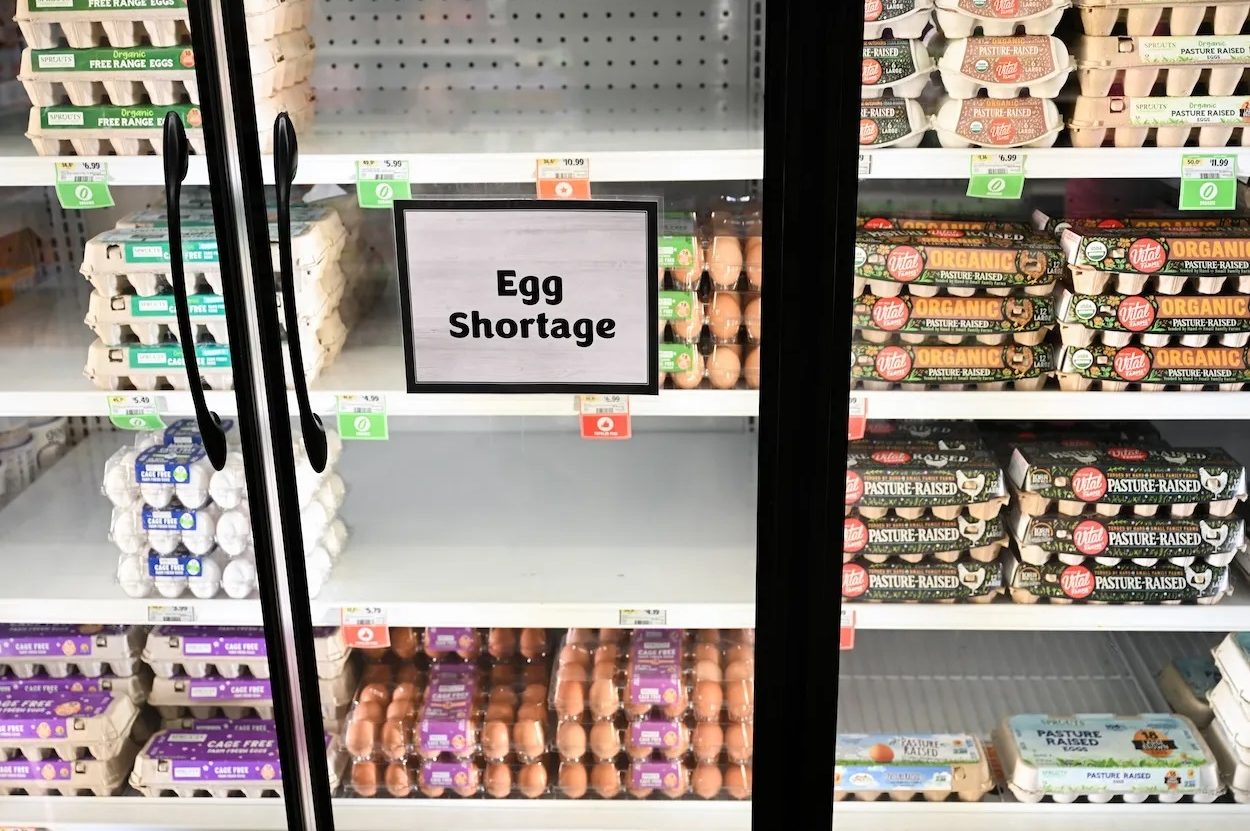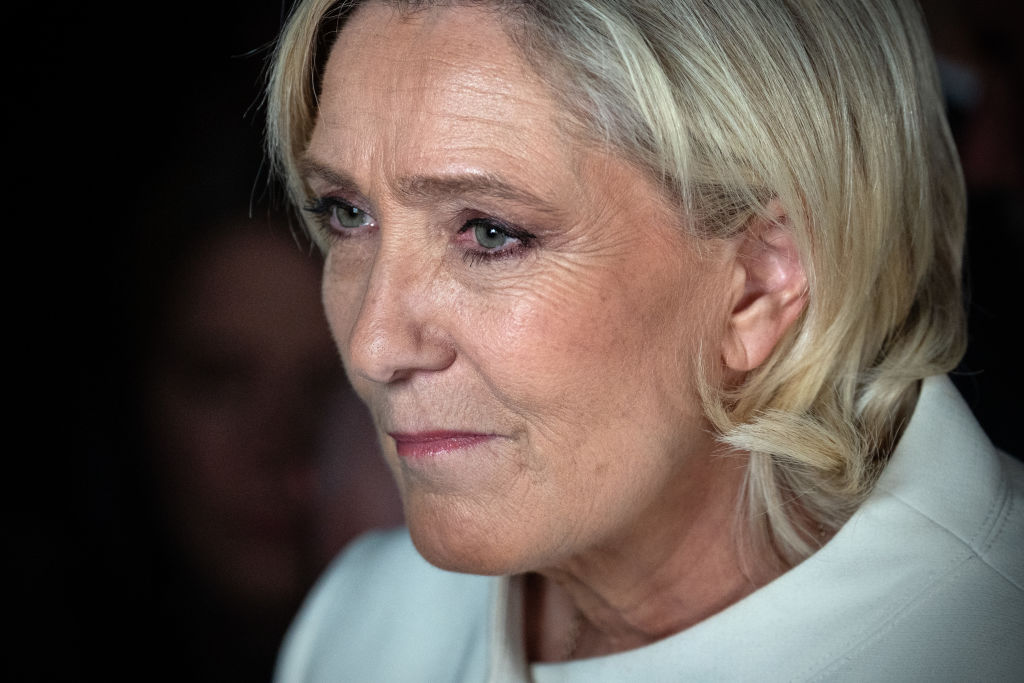The Rubicon has almost been crossed, the die has almost been cast and whatever other choice phrases from European history spring to mind. As Britain leaves the European Union, to the cheers of the 52 percent and the tears of the 48, what most interests me as a reluctant Remainer is how, or indeed whether, it will affect our collective national sense of Europeanness. In certain — London, metropolitan — quarters, this somewhat elusive quality has been getting an exhaustive airing and we may well need to brace ourselves for a further mass outbreak of EU flag waving in the coming weeks.
One of the most fascinating aspects of the last three and a half years has been the rise of what I have taken to calling ‘performative Europeanness’. You’ll have seen the phenomenon in action, for sure, from the EU flag pins that have crept onto lapels everywhere to the full-on sporting of those blue-with-gold-stars berets. The peddlers of this assortment of tourist-style tat must be laughing all the way to the bank, where they may well plan to change their pounds for euros. Yet the awkward fact remains: prior to the 2016 referendum, it’s hard to recall seeing many EU flags in the UK, much less draped around the shoulders of passers-by in the street.
What is going on with all this effortful behavior, reminiscent of student demonstrations? It appears to be the perfect storm of identity politics and virtue signaling, of flagging up — often literally — a wish to be perceived as international and cultured. There’s nothing wrong with any of that per se, of course. It is human nature suddenly to leap to the defense of something precious, something previously taken for granted, that is about to be lost — and that goes a fair way towards explaining the surge in sales of European memorabilia. Yet still, it’s hard to shake the niggling sense of unease that there is something both more and less than this strutting and fretting upon this particular stage.
I asked a number of ardent Remainer friends what they consider to be the greatest personal detriment when we leave the EU and the overwhelming majority of these answers have centered around the issue that they will no longer have such an easy ability to live and work in another European country. A loss indeed, were it not for the fact that none of them, in 20 or so years of adult life, has taken advantage of this option up until now. Few of them would possess the language skills to do so in the future, for no matter how much we claim to value a close connection to our European neighbors, it often doesn’t extend to being able to talk with them in anything other than English. Yet these are often the very same people who have taken, usually in something of a self-aggrandizing way, to insisting upon describing themselves as ‘European’ at any given opportunity, rather than ‘British’.
I am currently learning my fifth Romance language, Portuguese, but it would never cross my mind to self-identify as ‘European’. I think fondly of my many multilingual friends in Finland and Italy, who were fully signed-up — and frighteningly knowledgeable — members of the European project long before I ever heard any of my contemporaries here speak wistfully about Brussels. These European chums would quite simply die laughing if you suggested that they were ‘European’ rather than ‘Finnish’ or ‘Italian’. They are fiercely proud of their towns, their regions and their countries, but they manage to interweave that into a deep-rooted commitment to the European ideal that goes way beyond sporting a self-publicizing item of clothing. That’s the classy way to profess allegiance rather than strutting around bedecked in blue and gold. The latter is as tiresome as those bores who drone on about getting back the ‘traditional’ blue British passport and buy those awful covers — at least the tourist tat market spans both sides of the Brexit divide — to hide the ‘horror’ of the European maroon.
As Britain reaches the final au revoir to its EU membership, for better or bitter, I suspect our national feeling of Europeanness will remain exactly as nebulous as ever.
This article was originally published on The Spectator’s UK website.


























